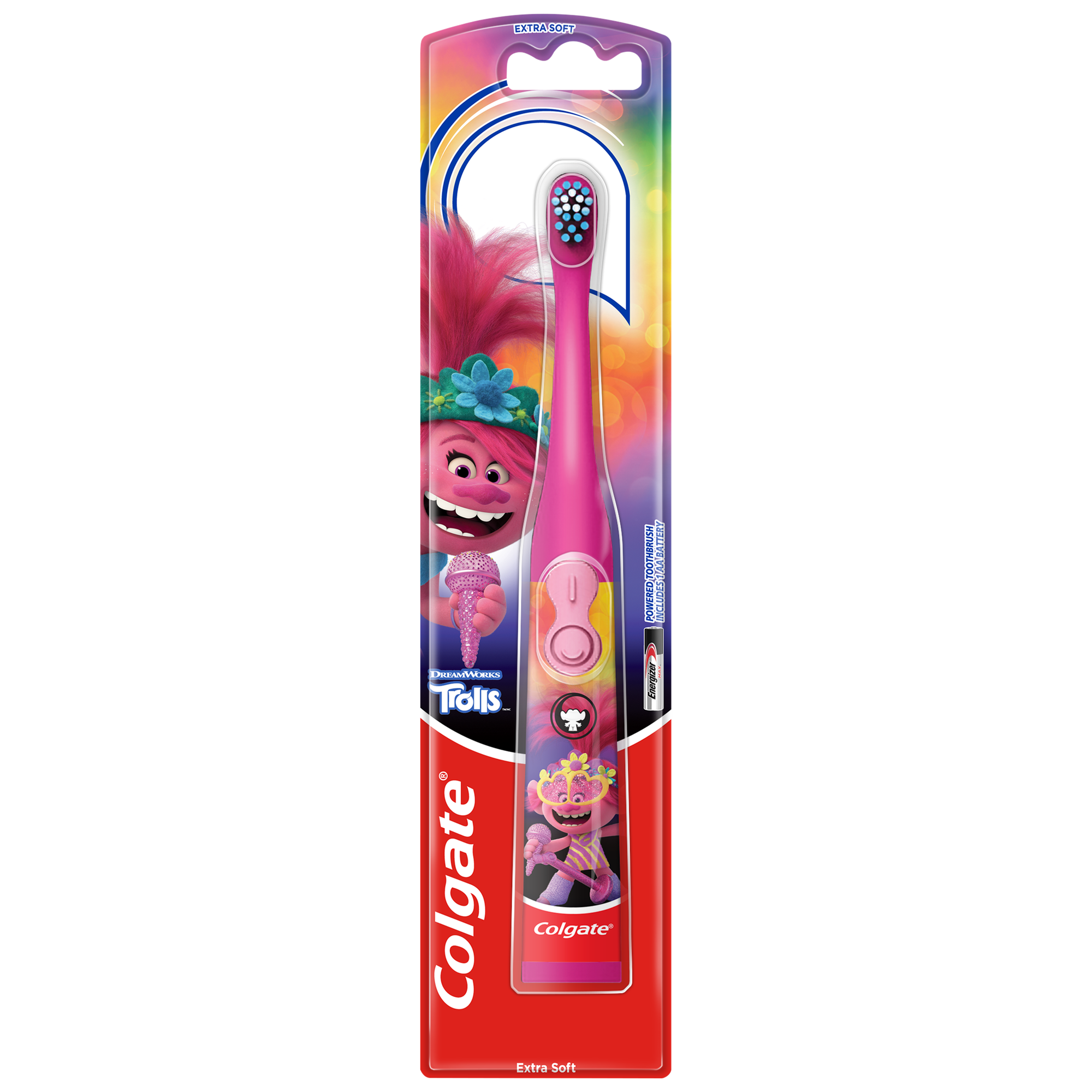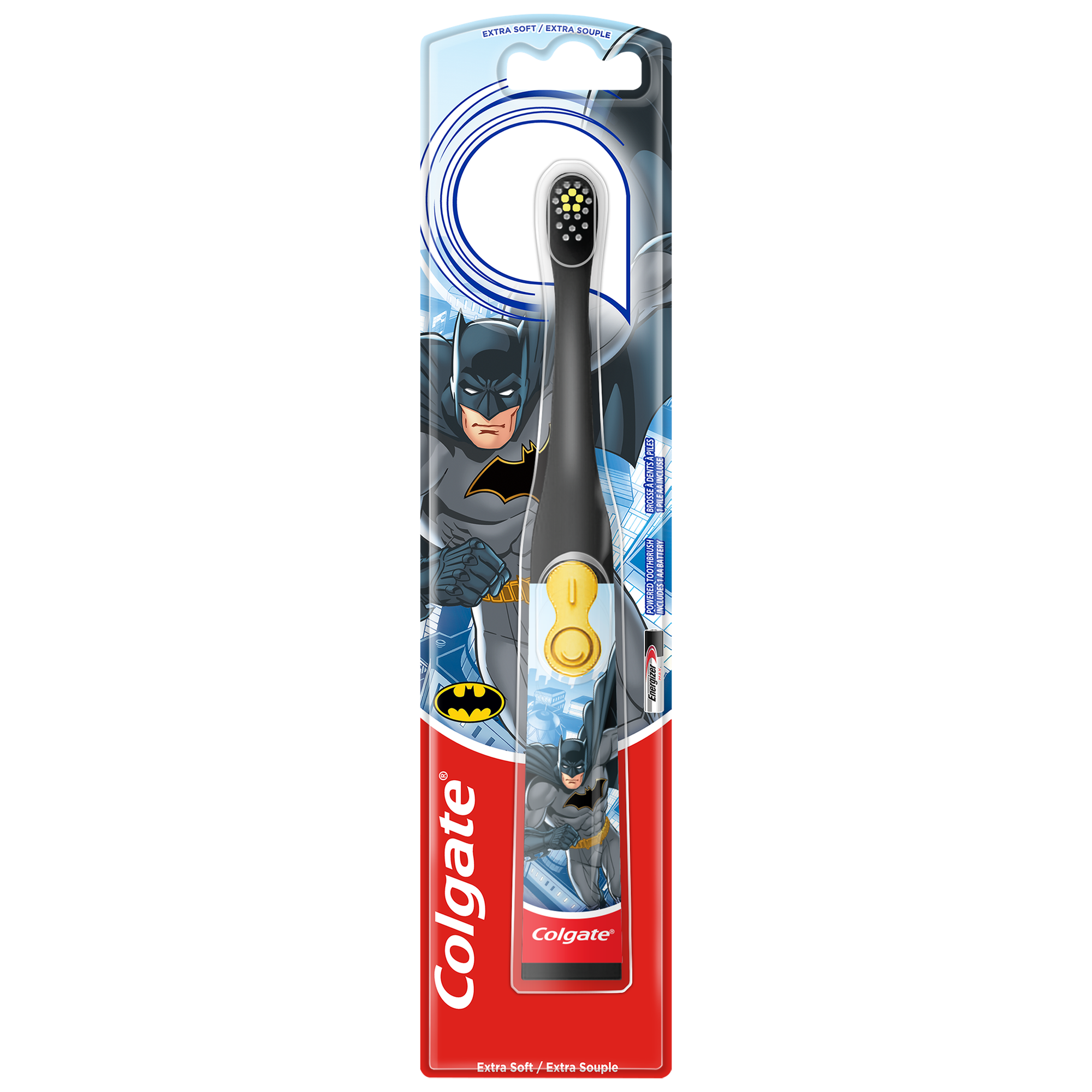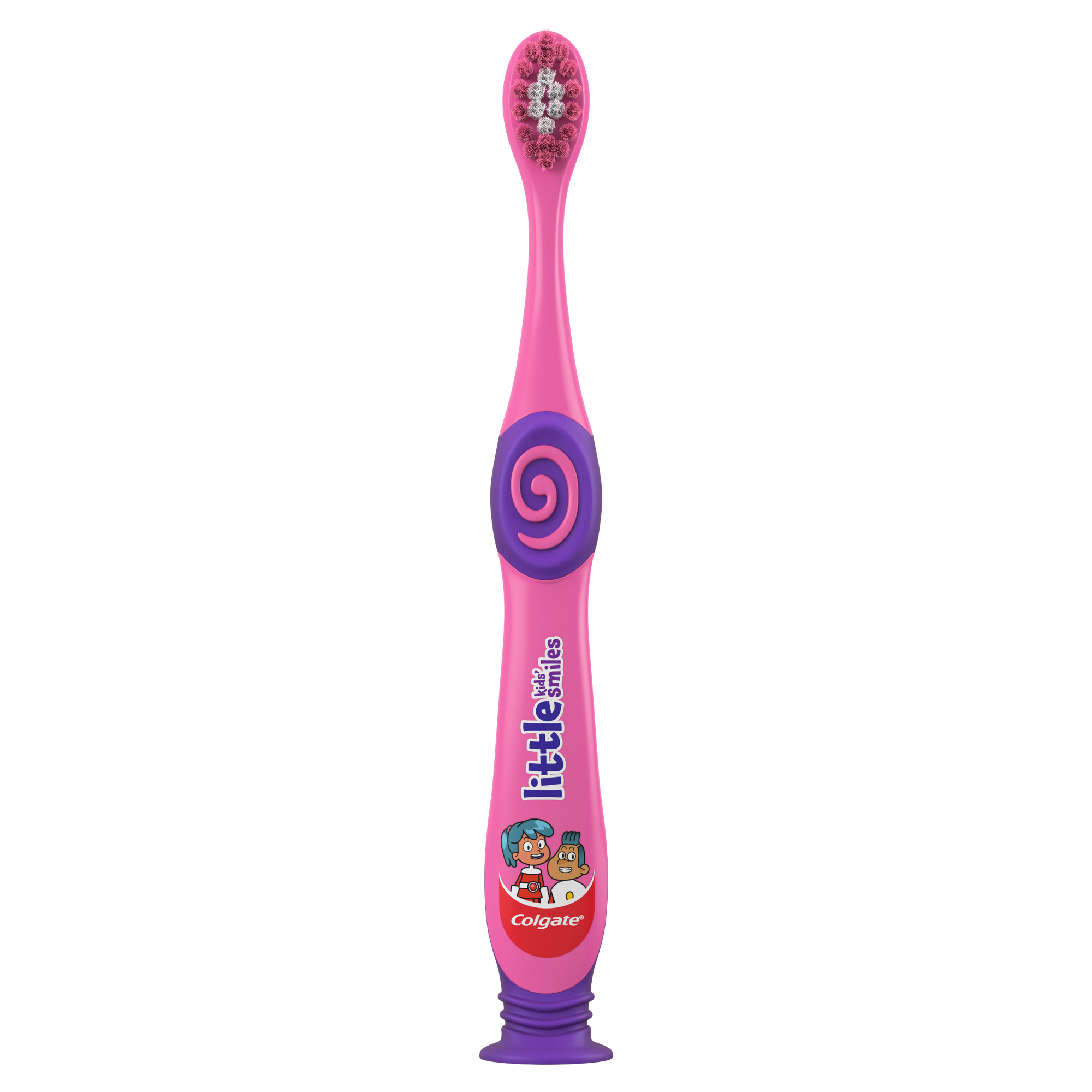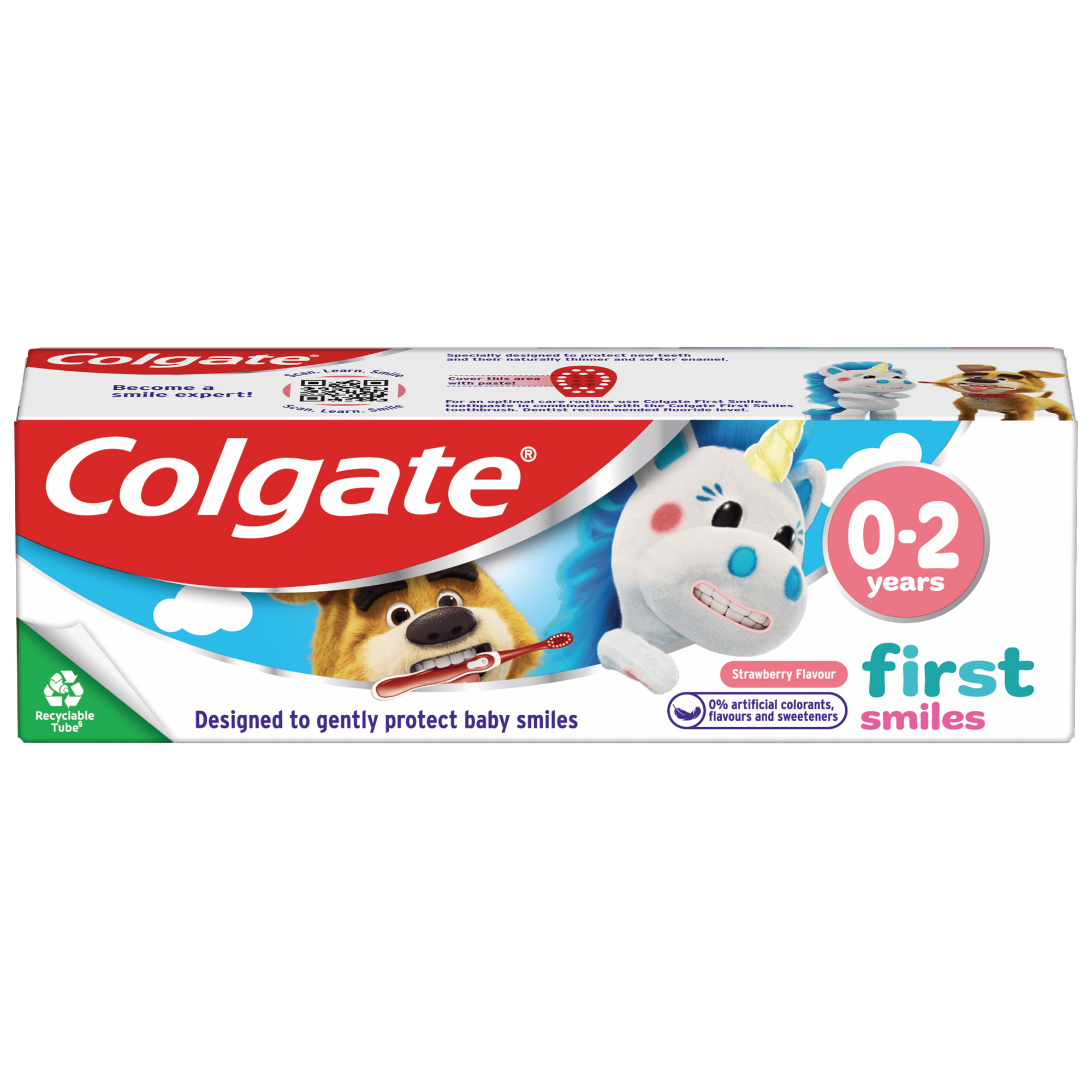-
-

FLUORIDE
What Is Stannous Fluoride Toothpaste?Stannous fluoride toothpaste helps prevent cavities, reduce sensitivity, fight plaque, and support daily gum and enamel health.

TEETH WHITENING
Why Should I Whiten My Teeth?Maybe you've always wanted a beautiful white smile. Or your teeth have yellowed over time...
-
Science & Innovation
- ORAL HEALTH CHECK
- PRODUCT MATCH
- Colgate® | Toothpaste, Toothbrushes & Oral Care Resources
- Oral Health
- Mouth Sores in Children


If your child is complaining of something sore in their mouth – more commonly than not, the culprit will be a mouth ulcer or a mouth sore. Read on to find out more about mouth ulcers in children, mouth inflammation symptoms and how to treat and prevent mouth ulcers.
Does my child have mouth ulcers?
Firstly, it’s important to determine if your child is suffering from a mouth ulcer. Take a look inside their mouth and keep your eyes peeled for a small, round white sore inside their cheeks, on their gums or tongue. They might complain that their mouth hurts after eating something salty, spicy or sour and should try to avoid these foods until after the ulcer has healed.
What are the causes of mouth ulcers in children?
Several things can cause mouth ulcers or mouth sores in children:
Viral infections like cold sores or hand, foot and mouth disease
Oral thrush
Injuries to the mouth like a toothbrush slipping while they brush, biting, burns or friction from braces
Low vitamin levels
Other health conditions, for example, coeliac disease
Sometimes ulcers occur without any explanation and are nothing to be concerned about. However, if your child has ulcers due to an underlying infection, they may also experience fever symptoms.
Make an urgent appointment with your GP if your child develops severe mouth ulcers that don’t clear up within a week or so, along with any of these symptoms:
Weight loss
Stomach pain
Fever
Blood or mucus in poo
Neck stiffness or fatigue
Treatment for mouth sores in children
How you treat mouth sores or mouth inflammation in children will depend on their symptoms, age and general health. The most common ways of treating a mouth ulcer would be:
Drink more fluids
Take over the counter painkillers or use a mouth gel especially for mouth ulcers
Stick to a good oral hygiene routine
Use a mouthwash that helps with mouth ulcers
Avoid salty, spicy or sour foods that can irritate the mouth inflammation
This article is intended to promote understanding of and knowledge about general oral health topics. It is not intended to be a substitute for professional advice, diagnosis or treatment. Always seek the advice of your dentist or other qualified healthcare provider with any questions you may have regarding a medical condition or treatment.
Related Articles

Kids oral care
Four Developmental Milestones in Your Child's Oral HealthDifferent stages of tooth development are milestones in your child's oral care. Learn more from Colgate on kids dental care for a lifetime of healthy smiles.

Kids oral care
Teething Rash: Symptoms And TreatmentTeething can be a painful experience for babies, and one of the most common symptoms is a teething rash. Find out what a teething rash looks like, its causes, and treatment.

Kids oral care
How Do I Care for My Toddler's Teeth?Master toddler oral care. Learn how to clean your toddler's teeth, prevent cavities, and when to schedule dentist visits.
Related Products

Helping dental professionals
More professionals across the world trust Colgate. Find resources, products, and information to give your patients a healthier future







